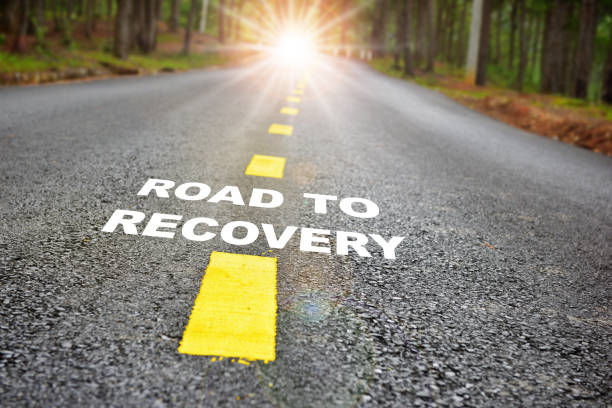"Empowering Communities: Substance Abuse Support Groups and Training Initiatives"
- Hope for Youth SA blogger
- Oct 18, 2023
- 2 min read
At Hope for youth South Africa, we have various support groups in the communities and also on farms that focusses solely on substance abuse, we partner with rehabilitation centres and social workers to ensure the best course of action if given to those who are vulnerable and need further assistance outside the support group structure.

Substance abuse continues to be a pressing issue in communities worldwide. To combat this problem, support groups and training programs have become essential components of community efforts.
In this article, we will explore the significance of substance abuse support groups and the role of training initiatives in helping individuals and communities combat addiction.
The Power of Support Groups:
Support groups play a vital role in helping individuals on the path to recovery. These groups provide a safe space for people to share their experiences, challenges, and successes. By participating in such groups, individuals battling substance abuse often find a sense of belonging and understanding, which is crucial for their recovery.
Our Support groups is diverse, catering to different demographics and addiction types. They can include Alcoholics Anonymous (AA), Narcotics Anonymous (NA), SMART Recovery, and family support groups, among others. The groups offer a variety of approaches and philosophies, allowing participants to find the one that best suits their needs.

The Benefits of Training Initiatives:
Education and training initiatives within communities are equally important in the fight against substance abuse. These programs aim to raise awareness, reduce stigma, and equip individuals with the knowledge and skills needed to identify and address addiction issues. Training can take many forms, such as workshops, seminars, and online courses.
Key elements of training initiatives may include:
1. Recognizing Signs of Substance Abuse: Training programs teach individuals how to identify signs of addiction in themselves or others.
2. Communication Skills: Learning effective communication techniques is vital for approaching and supporting those in need.
3. Harm Reduction: Understanding harm reduction strategies can help prevent overdoses and reduce the negative consequences of substance abuse.
4. Naloxone Training: Some initiatives include training on how to administer naloxone, a medication used to reverse opioid overdoses.
5. Prevention Education: Teaching community members about the risks of substance abuse and the importance of prevention is a crucial part of training programs.
Community Impact:
Our support groups and training initiatives work hand in hand, they have a profound impact on communities. Individuals in recovery are more likely to succeed when they have a network of peers who understand their struggles and when community members are informed and ready to support them.
Moreover, our programs have been effective in reducing relapse rates, lowering the stigma associated with addiction, and creating a more empathetic and informed community.
Conclusion:
Our Substance abuse support groups and training initiatives are invaluable assets to communities battling addiction. They provide a lifeline for individuals in recovery and help communities develop a more compassionate and proactive approach to addressing substance abuse. As the fight against addiction continues, the collaboration between these two pillars will remain essential for lasting change.
If you want to donate to our substance abuse support group please email admin@hopeforyouthsouthafrica.co.za
Or make an appointment to visit our office in Wellington, South Africa.


コメント